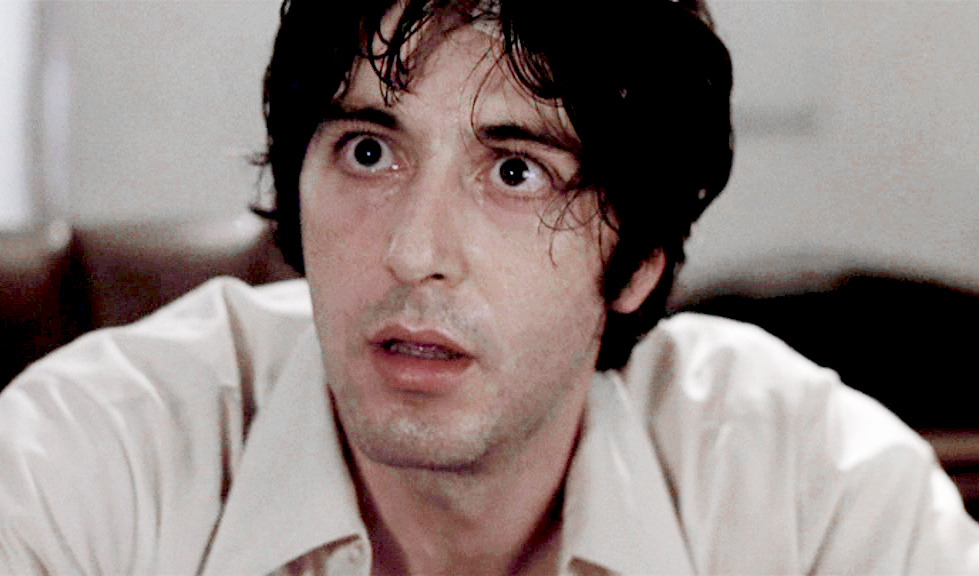
Arguably no director in American cinema has ever cast a larger shadow than Stanley Kubrick. The towering legacy that precedes his name still looms large over two decades after his death, and to this day, filmmakers around the globe still religiously revisit his work in search of inspiration and guidance. Because to talk about Kubrick is to talk about the closest thing to formal precision, a gifted director who could render a frame and make it ring truer than a thousand films.
Throughout his career, he showed he was in a league of his own — not bound by any genre but to his own excellence. He went on to make better science fiction movies than Spielberg, courtroom dramas that rivaled Lumet’s, comedies as sharp as Wilder’s and thrillers as riveting as Hitchcock’s. For every standard and expectation attached to film, there came Kubrick to shatter them all.
Nowadays, we’re left with the fading image of an eccentric genius, a secretive artist who placed himself in self-imposed exile in London until the last of his days. Radical, grumpy, misunderstood, stubborn — qualities often thrown around which may be accurate but fail to paint the whole picture of a complicated man.
First and foremost, Kubrick was a fervent cinephile — a man who lived by and for the celluloid. As such, he studied the legends that came before him and meticulously analyzed every film he fancied. Thanks to the people close to him, we’ve come to learn many of the films he held dear, giving us a valuable insight of the man behind the camera. Down below are ten great thrillers blessed with Kubrick’s personal seal of approval.
1. Throne of Blood (1957)
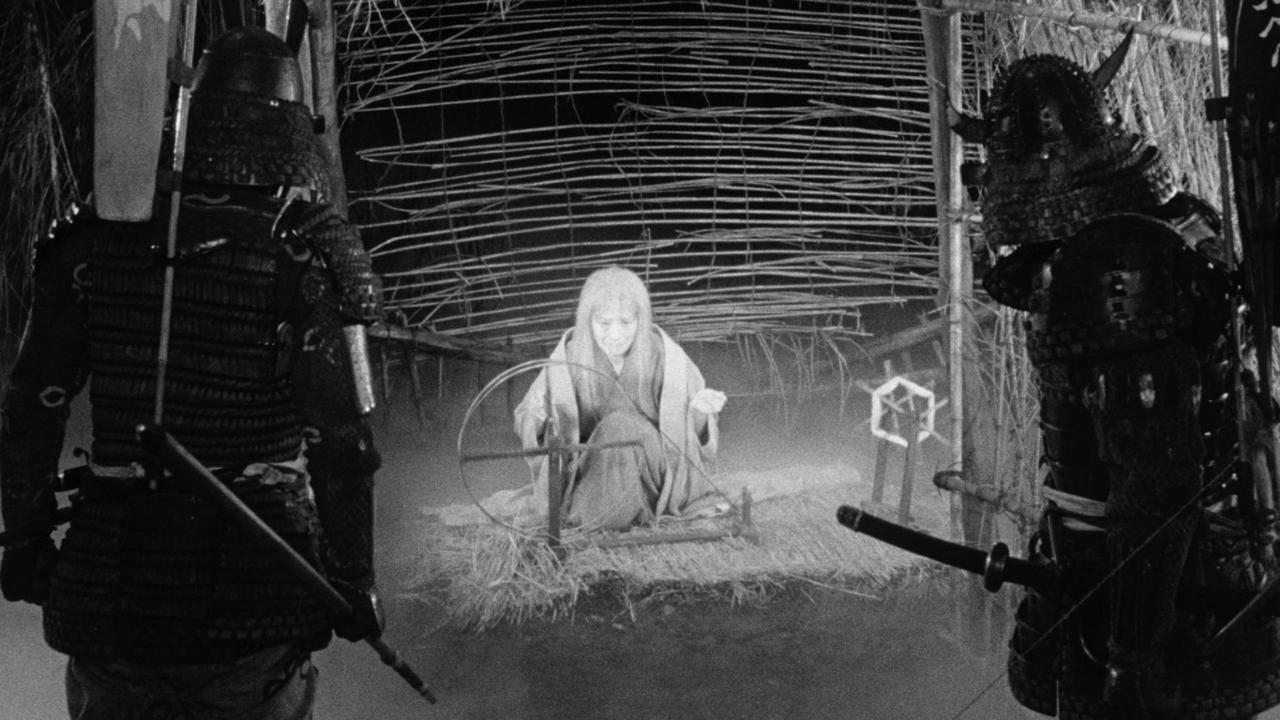
“If Kubrick was cast away on a desert island and could only take a few films, what would they be? My money would be on The Battle of Algiers, Rashomon, Seven Samurai and Throne of Blood.”
It’s hard to think of a bigger sign of respect than to have three out of four films dedicated to one director, but that’s the case with Kubrick and Japanese master, Akira Kurosawa. Anthony Fewin, Kubrick’s assistant for over two decades, claims Stanley considered him one of the greatest film directors and followed him closely. “In fact, I can’t think of any other director he spoke so consistently and admiringly about”.
In Throne of Blood, Kurosawa masterfully reimagined Shakespeare’s Macbeth, adding his own flavor by trading Scottish kings and swords for Japanese lords and katanas, while still retaining the gravitas and mysticism that makes the play an ageless classic. Unchecked ambition and the corrupting nature of power are two themes Kubrick was more than familiar with — easily found in The Killing, Paths of Glory or Barry Lyndon among others — so it’s not shocking to learn he favored this epic tale.
In the late 1990s, Kubrick received a touching letter from Kurosawa, which Fewin claims “meant more to him than any Oscar would”. The story goes that Stanley agonized over how to properly reply to his idol, writing countless drafts to no avail. Weeks and months went by, until one day he finally sent his letter — only for Kurosawa to die shortly before receiving it.
2. Dog Day Afternoon (1975)
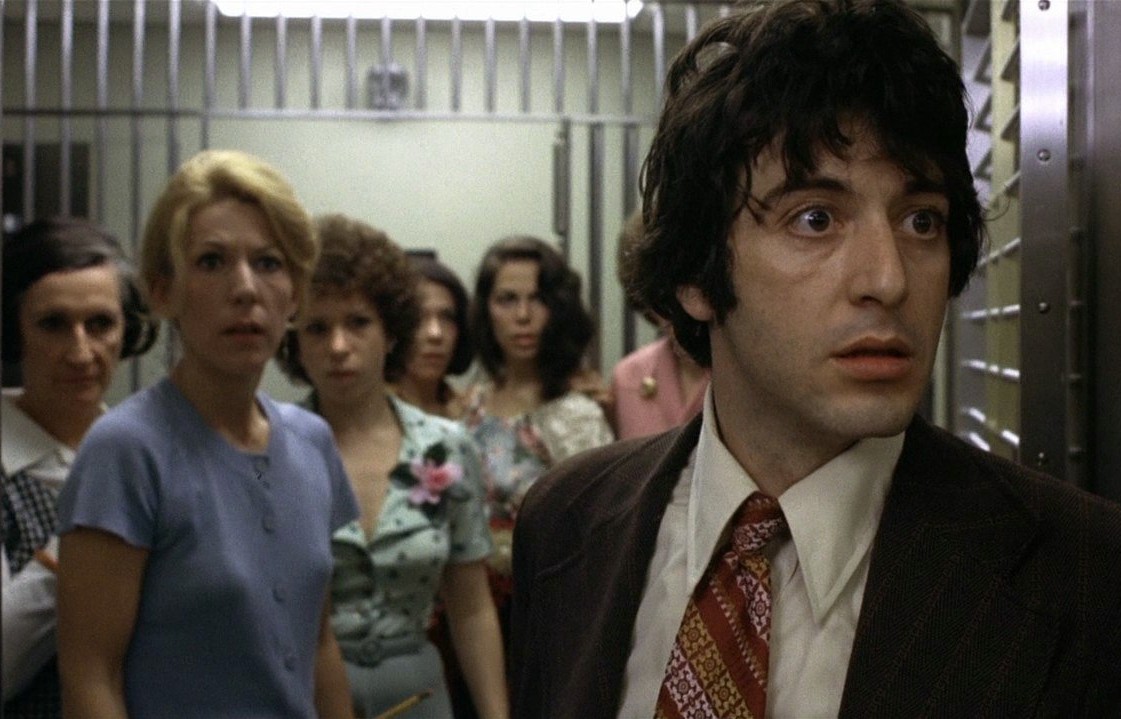
Kubrick knows a thing or two when it comes to botched heists. The Killing — often referred to as his ‘coming-out party’ and certainly his first great film — follows a group of erratic yet oddly charming crooks who plot together a big-time heist. Needless to say, their ill-conceived scheme proves easier said than done and is ultimately hit by an array of unforeseen drawbacks.
The two main characters in this Lumet’s classic prove to be almost as clumsy and relatable as those seen in Kubrick’s noir. Based on a real-life bank heist gone awry, Dog Day Afternoon puts us in the shoes of two close friends — Sonny and Sal — who created a huge media frenzy with their attempted robbery. Stanley’s daughter, Katharina Kubrick, listed the film among those she “happened to know he liked for certain” in a 1999 article.
While nobody can argue the merits of this timeless classic, it does come as a surprise to see Sidney Lumet appear in Kubrick’s shortlist given the two legendary filmmakers didn’t always see eye to eye. At the height of the Cold War, Lumet and Kubrick were at an arms race of their own, working on two eerily similar satires — Dr. Strangelove and Fail-Safe. Kubrick filed a lawsuit to halt Lumet’s film on grounds of plagiarism and settled for a theatrical release schedule that guaranteed his film would be in cinemas long before its rival. The decision paid dividends — Strangelove ended up becoming a runaway success while Fail-Safe, though well-received, was a financial flop.
3. The Treasure of Sierra Madre (1948)
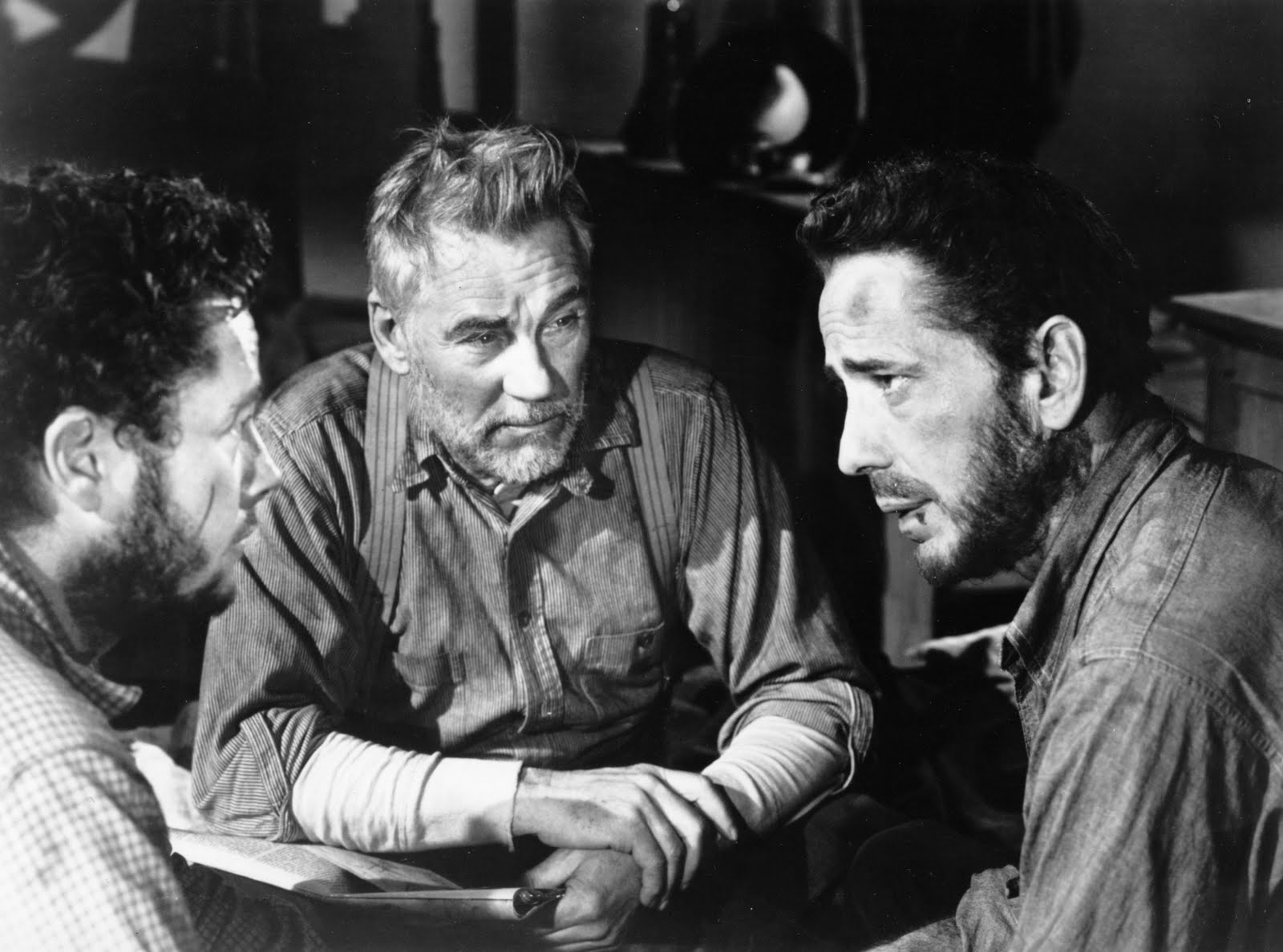
Be it social status (Barry Lyndon), a higher military rank (Paths of Glory), lust (Lolita) or plain monetary gain (The Killing), almost every Kubrick protagonist seems to be motivated by some sort of selfish desire. If there’s a common thread among his films — besides a fervid disdain towards bureaucracy and dishonest institutions — is how easily men fall victim to their own greed.
In the same vein as Kurosawa’s Macbeth rendition, John Huston’s classic — featured among Kubrick’s ten favorite films of all time — perfectly illustrates greed as the root of all evil. In the story, two penniless Americans struggling to find work in Mexico stumble upon a grizzled prospector who lures them into the gold-digging business. The treasure they set out to find in the first place proves to be an ineludible curse rather than any kind of blessing. And what begins as a tight-knit group of three honest, mentally-sound men slowly begins to crumble by their own paranoia and mistrust.
4. The Vanishing (1988)
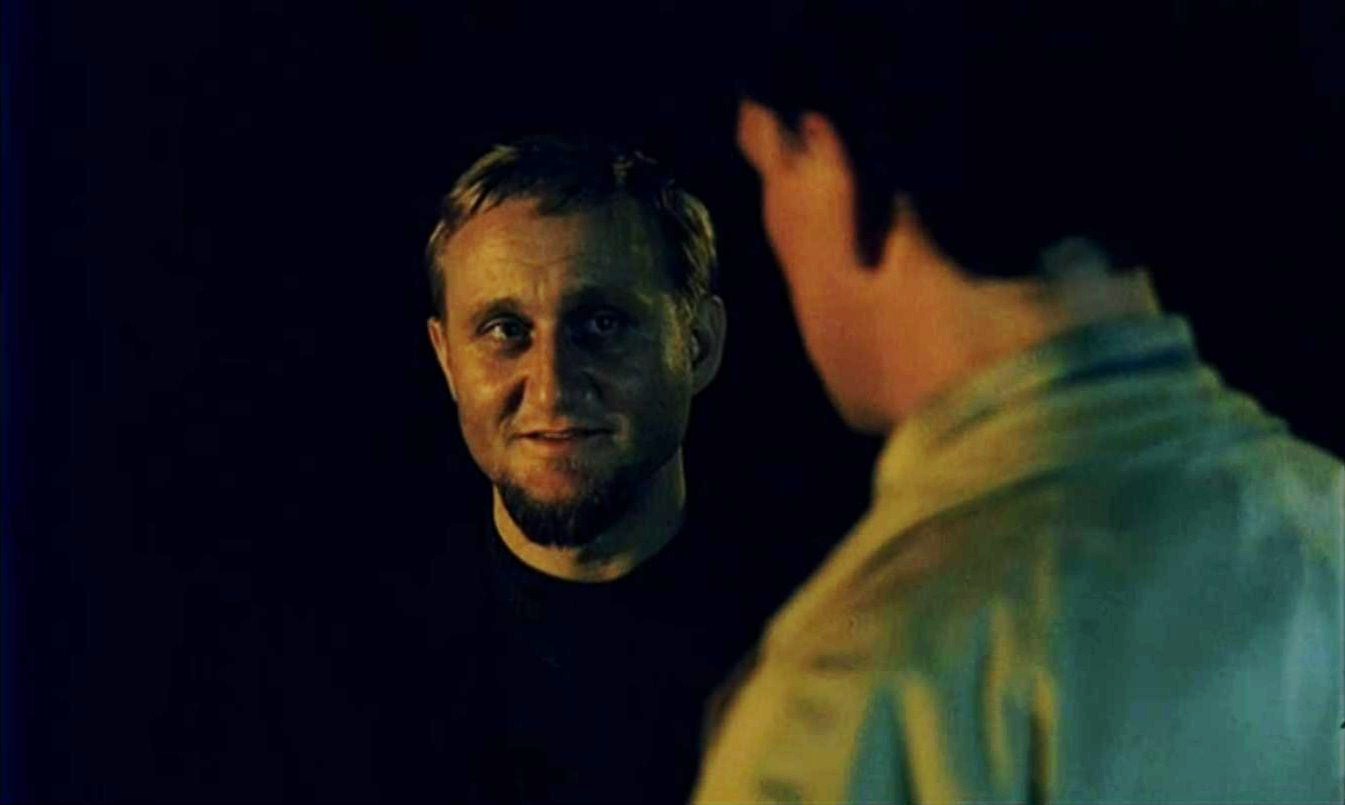
Villains come in different shapes and forms, from deranged maniacs to cold-blooded serial killers. A good one makes us bite our nails, sweat or even skip a heartbeat. And the best of them all — Jack Torrance for instance — become entrenched in pop culture as icons of evil and wickedness. What’s sure is that in this genre more than arguably any other, a thriller only goes as far as its antagonist does.
The Vanishing stands out precisely for the way it portrays its own. It is too often that movies conceal their villains for the sake of suspense, making them too one-dimensional, distant and worse of all, innocuous caricatures. In this Dutch adaptation, we are presented with a seemingly normal man — shown to be a charming father and husband — who we soon learn gets a kick out of kidnapping women. The movie pulls no punches at showing us his chilling routine, and most importantly, his upbringing and odd philosophy that pushed him to become the deplorable criminal he is today.
Kubrick told George Sluizer — the director of the film — that he watched The Vanishing up to three times and that it was the most horrifying film he’d ever seen. To which Sluizer inquired: “even more so than The Shining?”. Kubrick replied that he thought so.
5. The Silence of the Lambs (1991)
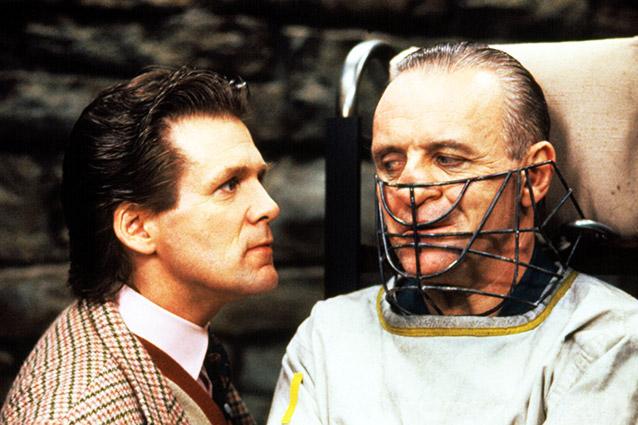
Only a handful of movies can claim to have improved upon the novels they’re adapting. Francis Ford Coppola’s The Godfather and Jonathan Demme’s cannibalistic thriller — based on Thomas Hardy’s Red Dragon saga — are two of the few cultural behemoths to accomplish such a feat. It comes as no surprise to see the latter striking a chord with Kubrick, a director who reimagined novels like The Shining, 2001 or A Clockwork Orange to similar results.
As Jan Harlan points out, the early 90’s were a hectic period for the aging auteur, by that time wrapped up in several ongoing projects — some of which would never see the light of day (Aryan Papers) or couldn’t be personally finished by him (A.I.). In the first case, Kubrick canned his long-researched Holocaust novel adaptation after Steven Spielberg’s critical success with Schindler’s List (a film he vehemently disliked), while the latter would ironically end up being helmed by Spielberg himself.
“These were tough times and watching films was mainly research”, claims Kubrick’s confidant. However, he still managed to find spare time to check some of the biggest releases of that time, including Demme’s quintessential classic.